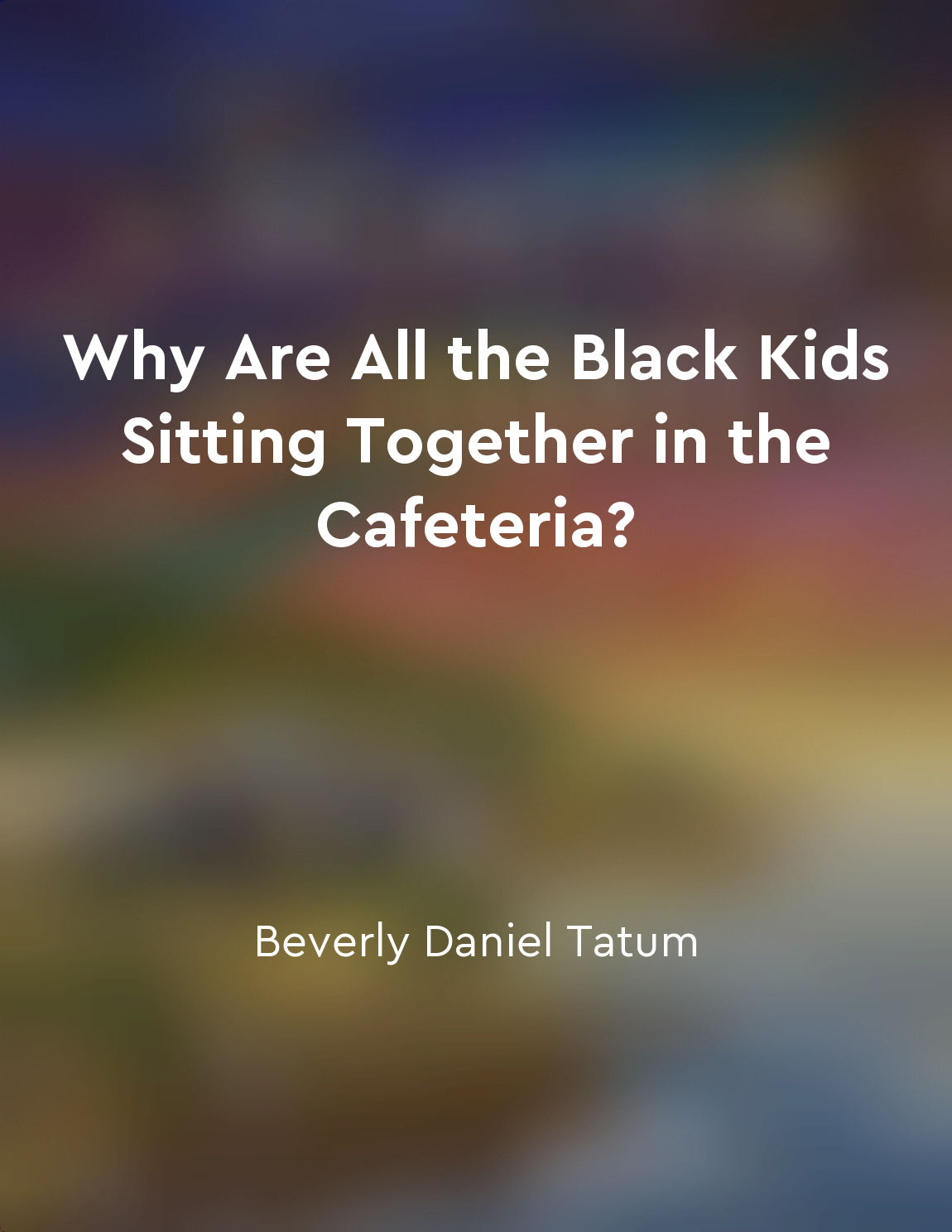Practice nonjudgment towards yourself and others from "summary" of Zen Habits Handbook for Life by Leo Babauta
When we practice nonjudgment towards ourselves and others, we are cultivating a mindset of acceptance and compassion. This means letting go of the need to criticize or compare ourselves to others, as well as refraining from making assumptions about the intentions or motivations of others. Instead, we approach ourselves and those around us with an open heart and an open mind. By practicing nonjudgment, we are able to release ourselves from the burden of constant self-criticism and perfectionism. We can acknowledge our flaws and mistakes without attaching value judgments to them, recognizing that we are all works in progress. This allows us to embrace our imperfections and vulnerabilities as part of what makes us human, rather than something to be ashamed of or hide. Similarly, when we extend nonjudgment towards others, we create a space for empathy and understanding. By suspending our preconceived notions and biases, we can truly listen to others and seek to understand their perspectives without jumping to conclusions or passing judgment. This fosters deeper connections and more meaningful relationships, based on mutual respect and acceptance. Practicing nonjudgment also means recognizing that everyone is on their own unique journey, with their own struggles and challenges. By refraining from making assumptions about others based on their outward appearance or behavior, we allow room for growth and transformation. We can see beyond the surface and appreciate the complexity and depth of each individual, without falling into the trap of labeling or categorizing them.- Practicing nonjudgment is about letting go of the need to constantly evaluate ourselves and others, and instead embracing the beauty of our shared humanity. It is a way of approaching life with curiosity and compassion, rather than criticism and condemnation. By cultivating a mindset of nonjudgment, we can create a more peaceful and harmonious world, both within ourselves and in our interactions with others.
Similar Posts

Black students may face unique challenges in predominantly white schools
The experience of black students in predominantly white schools can be particularly challenging for a variety of reasons. One k...
Be willing to apologize if necessary
When it comes to addressing a crucial confrontation, it is important to be open to the possibility of apologizing if the situat...
Use nonverbal cues, such as nodding and smiling, to show attentiveness
To truly engage with someone in conversation, you need to demonstrate that you are actively listening and paying attention to w...

Be confident in your abilities and worth
Confidence is a crucial trait that can truly make a difference in how you present yourself to others. When you believe in your ...
Focus on what you can change, not what you can't
The idea of focusing on what you can change, rather than concerning yourself with what you can't, is a central theme in the boo...
Prioritizing relationships leads to success
In business, relationships are the cornerstone of success. By prioritizing relationships, you are investing in the foundation o...

Racism is pervasive in society
Racism is not just a few bad apples. It isn't just a few individuals with hateful beliefs. Racism is a system that has been bui...
Begin in a friendly way
The first step in making a good impression on someone is to start off in a friendly manner. When you approach a situation with ...
Balance relationships and tasks
Effective people understand the importance of balancing relationships and tasks in their daily lives. They realize that achievi...
Stay engaged with nonverbal cues like eye contact and nodding
Engagement with nonverbal cues is crucial when it comes to effective communication. One of the most common ways to show engagem...

